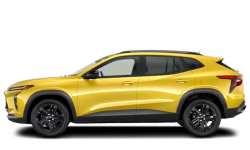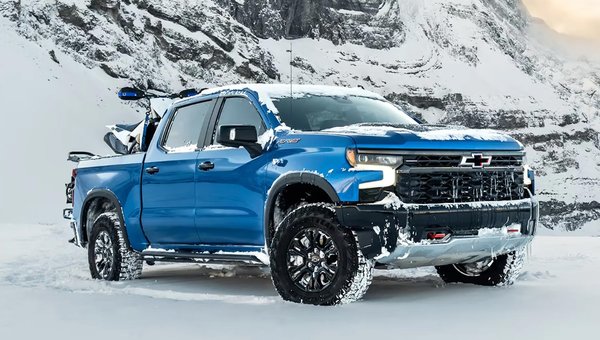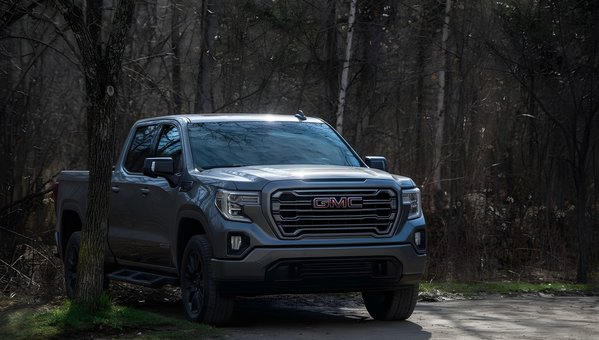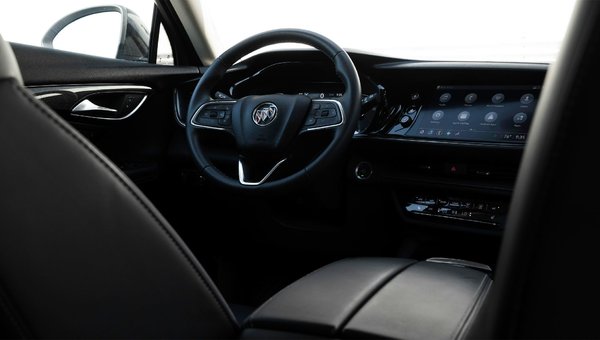Electric and Hybrid Vehicles in Quebec: What You Need to Know
May 01 2025, Clément Sentein
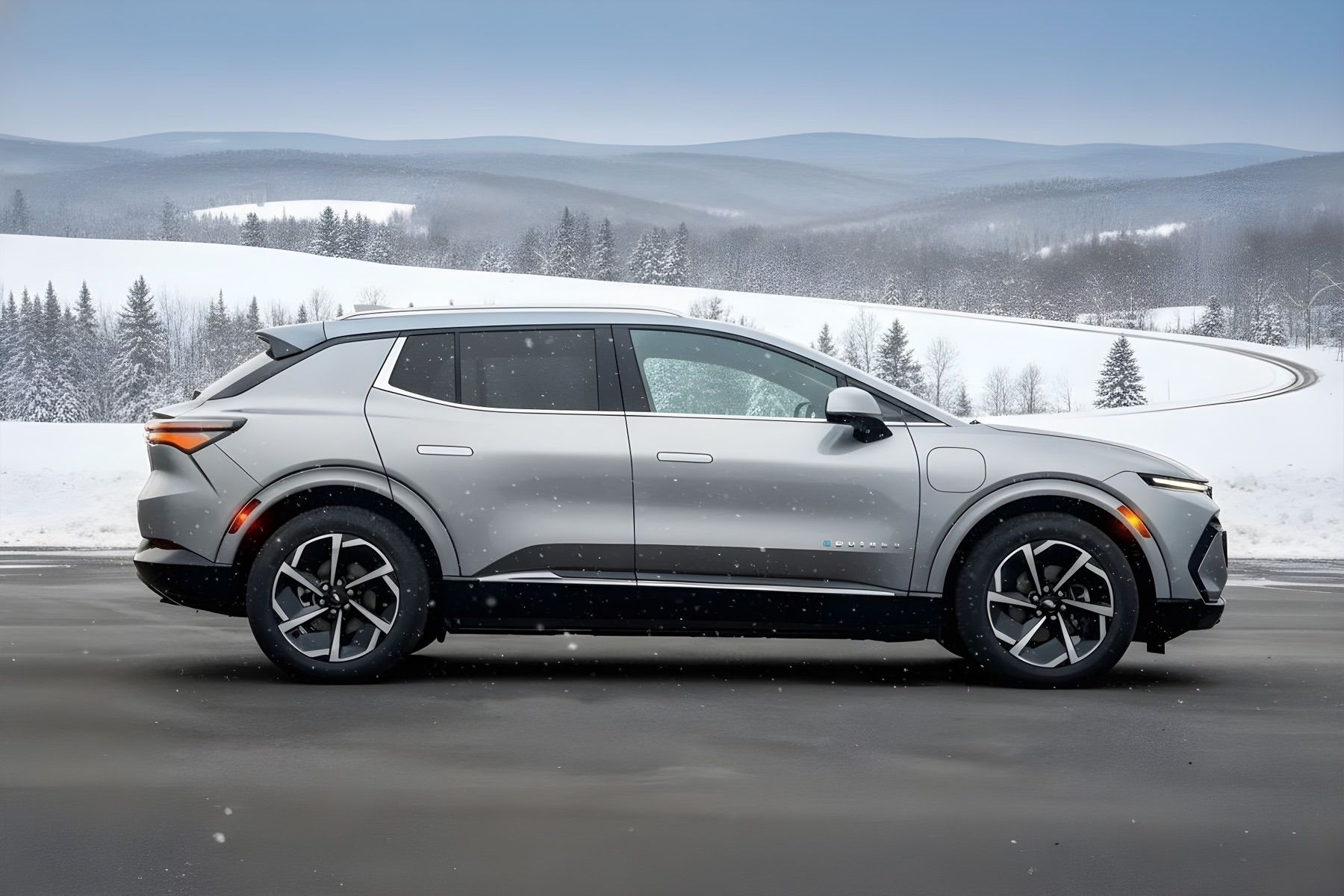
Introduction
The electrification of transportation is booming in Quebec. Driven by the desire to reduce carbon footprints, the appeal of electric vehicle incentives, and the growth of charging stations, more and more drivers are turning to electric and hybrid cars. Yet how do you handle winter range in our northern climate? Which is better: plug-in hybrid or a standard hybrid? This article offers a detailed overview to guide your thinking and help you make an informed purchase in La Belle Province.
Why Opt for an Electric or Hybrid Vehicle?
Lower Emissions and Reduced Costs
The comparison of electric car vs. gas car costs often shows notable savings in day-to-day use. Electricity in Quebec is typically cheaper, powered by subsidized hydroelectric sources. So when you compare electricity costs vs. gasoline costs per 100 km, the electric option is usually more economical. Plus, maintenance is lower (no oil changes or fuel filters).
Government Incentives
Quebec offers a government rebate for buying or leasing an electric or plug-in hybrid vehicle. Depending on current programs, you can receive up to several thousand dollars in incentives. This can stack with federal rebates, making buying an electric car more affordable.
Silence and Driving Comfort
Electric powertrains are known for their quiet operation and instant torque. They’re ideal for urban traffic but also offer impressive responsiveness on highways. Many drivers discover a renewed pleasure behind the wheel of an electric or hybrid vehicle.
The Different Types of Electrified Vehicles
100% Electric Car
Running solely on battery power, it produces zero emissions while driving.
Pros: minimal maintenance, growing range (some models exceed 450 km), home charging possible.
Cons: range heavily affected by winter temperatures, frequent charging required.
Standard Hybrid (HEV)
Combines a gas engine with a smaller battery charged via regenerative braking.
Pros: no need to plug in, better fuel economy than a traditional gas car.
Cons: limited battery capacity, cannot run long in full-electric mode.
Plug-In Hybrid (PHEV)
Equipped with a larger battery capable of traveling 30–60 km (or more) on electric-only power, recharged via a wall outlet or charging station.
Pros: zero-emission daily commutes, no range anxiety for longer trips (gas engine steps in).
Cons: higher price than a standard hybrid, electric driving limited in duration, must plug in regularly to maximize benefits.
Spotlight on Winter Range
Electric Vehicle: Winter Range in Quebec
Cold temperatures affect battery chemistry. Expect a 15–30% range drop around -20°C. For instance, the Chevrolet Bolt EV might see its winter range around 300 km instead of the 400 km claimed under ideal conditions.
Tips: preheat your car while plugged in, limit excessive cabin heat and defrost usage.
Hybrids and Cold-Weather Efficiency
Hybrid vehicles also see reduced efficiency in winter, but the gas engine cuts the risk of running out of power. However, a plug-in hybrid may see its EV mode shrink significantly if the battery is too cold.
Charging Stations and Quebec’s Network
Quebec Charging Infrastructure (Circuit Électrique)
Hydro-Québec’s Circuit Électrique provides public charging points, including fast chargers that replenish 80% of the battery in 30 to 45 minutes. Even in remote areas like Abitibi, more charging stations are popping up, supporting longer trips.
Cost of Installing a Home Charger
Most EV owners opt for a Level 2 (240V) charger at home.
Expense: typically ranges from $800 to $1,800, including equipment and installation.
Subsidies: certain provincial or municipal programs may offer tax credits or rebates for installing a station.
Comparing Gas vs. Electricity Costs
Electricity vs. Gasoline Costs
In Quebec, driving 100 km on electricity can cost just $2–$3, whereas a conventional gas vehicle might spend $7–$12 for the same distance.
Direct Savings: about $1,000–$2,000 per year, assuming 15,000–20,000 km annually.
Maintenance: Electric vs. Gas Car
Electric Motor: no oil changes, no spark plugs, fewer moving parts.
Gas Engine: requires oil changes, filters, spark plugs...
A standard or plug-in hybrid still has a gas engine, but it runs less often.
Choosing the Right Electrified Car
Used Electric Car: Key Points
Check battery health (remaining capacity, warranties), service history (software updates), and take a test drive to gauge real-world range and charging performance.
Top Plug-In Hybrids for 2024
Toyota RAV4 Prime: up to ~60 km EV range.
Honda CR-V Hybrid (possibly in PHEV form).
Chevrolet Volt (used): ~85 km EV range, discontinued but still a solid option.
Ford Escape PHEV: balances cargo space and efficiency.
Electric 4x4 vs. Gas: Performance Comparison
Upcoming electric pickups boast instant torque and significant towing capacity.
Pros: high torque from zero RPM, quieter drive, reduced maintenance.
Cons: heavy battery, higher purchase price, longer charging times if battery capacity is large.
New Models and Trends
New GM Electric Models
GM aims to release electric trucks (Chevrolet Silverado EV), SUVs (Equinox EV, Blazer EV), and more GMC versions. Ultium Platform: a modular architecture to cut production costs and allow frequent software updates.
Upcoming Electric Pickups
Ford’s F-150 Lightning, Rivian’s R1T, and other manufacturers’ models are joining the EV pickup scene. The main challenges include battery size, towing ability, and fast charging capabilities, especially under heavy load or when towing.
Driving an EV in Remote Areas
Quebec Green License Plates (EV Advantages)
Green plates may grant perks such as special parking spaces, access to reserved lanes, or free municipal parking. Check with local authorities to see which benefits apply.
Going Electric in Abitibi or Elsewhere
Plan your route using apps like ChargeHub or PlugShare.
Winter Tips: allow extra range for heating and weather-induced battery drain; seek out fast chargers (50 kW, 100 kW).
Road Conditions: AWD versions are increasingly available, valuable on snowy or muddy roads.
FAQs and Practical Aspects
Chevrolet Bolt EV Charging Times at 240V
A Chevrolet Bolt EV, with around a 60 kWh battery, takes about 8–10 hours for a full charge on Level 2 (240V). At a DC fast charger, you can reach 80% in about 30–45 minutes, depending on external temperature and charger power.
Plug-In Hybrid vs. Standard Hybrid: Key Differences
Electric Range: a PHEV can drive tens of kilometers on battery alone, while a standard hybrid only uses its battery briefly.
Purchase Price: PHEVs generally cost more but can qualify for higher rebates (up to $5,000 in Quebec, depending on model).
Driving Style: owners need to plug in a PHEV regularly to maximize both economic and environmental benefits. Otherwise, it behaves more like a standard hybrid.
Conclusion on Electric Mobility in Quebec
The market for electric and hybrid vehicles in Quebec keeps growing more attractive: an expanding charging network, valuable government incentives, improving range... Even in winter, EVs and PHEVs perform well if you follow best practices (preheating, route planning, choosing the right model).
Whether you’re eyeing a Chevrolet Bolt EV, an electric 4x4, or a plug-in hybrid for daily city driving, take time to compare total costs (purchase, upkeep, charging) and consider your driving habits (daily distance, charging access, frequency of long trips). Quebec is a leader in electrification thanks to its clean, abundant electricity. There’s little doubt that these new powertrains will keep growing in popularity and reliability, transforming the province’s automotive landscape for the long run.
By the way, if you want to find the right electrical vehicule for you, it's right here: New Vehicules or Used Vehicules.


